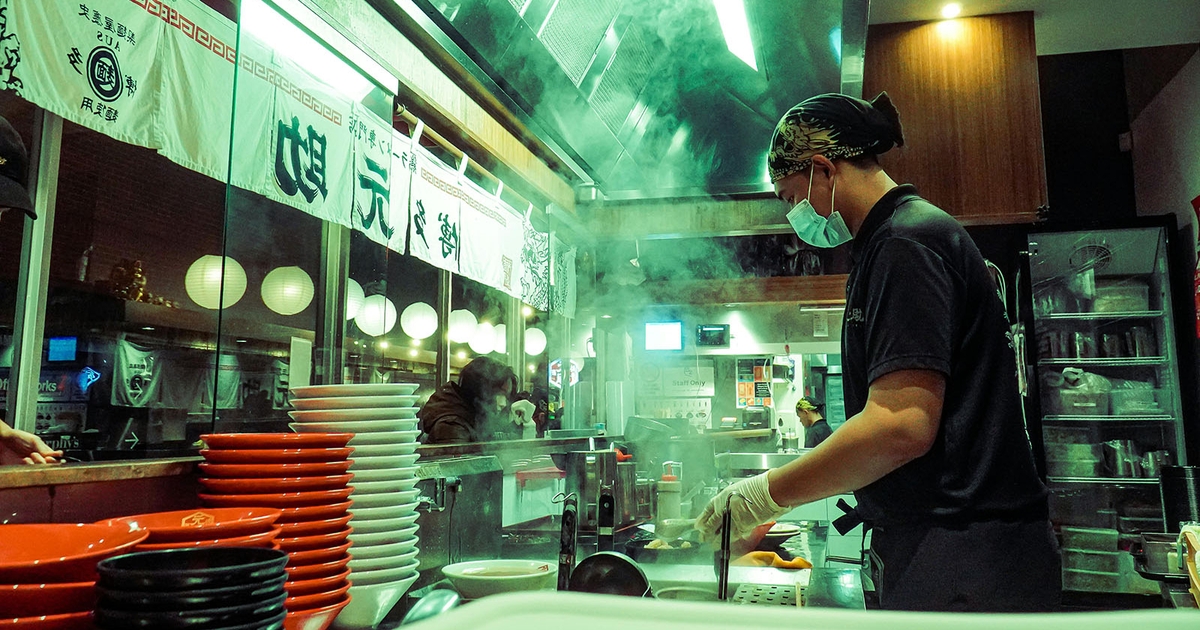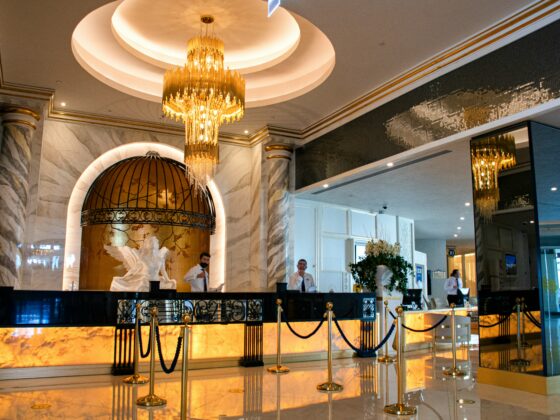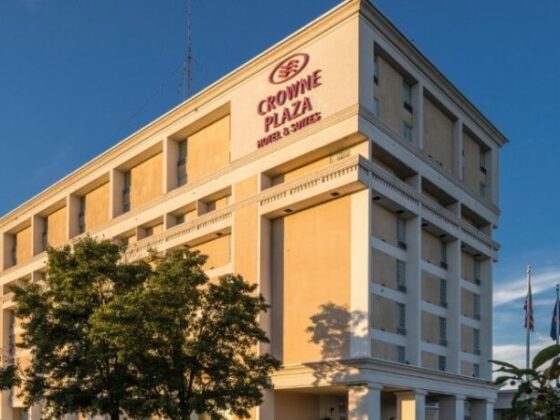
The heartbeat of hospitality feels different these days. You can sense it in the hallways, behind the pass, and in every pre-shift meeting where motivation feels thinner than it used to. The industry is still moving, the lights still shine, but something in the rhythm is totally off. We talk about a labor shortage as if it is something new, yet I can’t shake the fact that what is really missing is leadership that people want to follow.
The best professionals in this business are not walking away because they have lost interest in the craft. They are walking away because too few leaders are showing up with presence, care, and consistency. Leadership used to be about setting the tone, protecting the team, and developing people by leading by example. Somewhere along the way, that started to fade. Too many leaders became focused on systems, reports, and results, forgetting that those results are built by people who need to feel seen and guided.
Burnout is not caused by long hours alone; it happens when people give their energy to something that no longer feels meaningful. When the environment becomes mechanical, effort starts to feel wasted. Hospitality is demanding by nature, but when the purpose behind the work disappears, so does pride. A strong leader can and will restore that meaning. They remind people why the effort matters. Without that, even the most resilient teams eventually run out of fuel.
There was a time when mentorship was the foundation of this profession. You stood next to someone who believed in you, who corrected and held you accountable when needed, and who made you better through repetition and trust. These lessons shape character, build endurance, and sharpen discipline. Now, too often, mentorship has been replaced by instruction without connection. People are trained but not developed; they learn procedures but not perspective.
The new generation entering hospitality brings an abundance of energy and awareness. They want to learn, but they also want to understand. They care about growth, belonging, and balance. They question leadership not because they reject authority, but because they want to know who they are following. They expect communication that feels genuine, not filtered through hierarchy. They want leaders who keep their word, who listen, who model accountability, and who can explain the why behind decisions.
When those needs are not met, people disengage quietly. They stop asking questions, stop pushing for better, and eventually stop showing up, emotionally first, then physically. Turnover becomes the symptom of a deeper problem — disconnection. The lack of consistent communication erodes trust faster than any scheduling conflict or policy ever could. You can sense it when teams move without energy, when service becomes routine instead of joy and fulfillment. Leadership sets the temperature, and everyone else adjusts to it.
The pressure on today’s leaders is real, more than ever. Many were promoted for their technical skills, not because they were taught how to lead others. They are balancing expectations from ownership, managing budgets, and trying to motivate teams who think differently from how they once did. It is a difficult place to stand, but leadership has always required discomfort. It asks for humility, patience, and self-awareness. It demands the courage to pause, to listen, and to re-learn.
The next generation will not reject hard work. They will simply want to see their work contribute to something bigger. They will seek and ask for honesty, fairness, and feedback. They will stay where they feel challenged but supported. They will leave when leadership becomes distant or indifferent. Their expectations are not unrealistic; they are human expectations. They are asking to be treated with the same level of care that hospitality promises to every guest.
The future of this industry depends on leaders who make time to teach, to listen, and to follow through — leaders who will go the extra mile to provide that level of guidance. True leadership is quiet when it needs to be, steady when things fall apart, and firm when standards slip. It shows the same level of focus for your team that you expect them to show for your guests. It is the daily presence that reminds people they are not alone in the pressure. When leaders operate that way, people always give more of themselves, not because they are told to, but because they want to.
The challenges we face are not the fault of one generation or another. They are the result of years of neglecting mentorship and development, and we are responsible for that. Rebuilding should not require mission statements or training programs. It should require individuals who care enough to lead with intention again, to bring humanity back into the workplace, and to slow down enough to connect.
The people joining this industry today are very capable, intelligent, and so hungry to learn. What they need is proper guidance and solid structure. They need trust that is earned through consistency, starting with their leaders. Leadership is the bridge between potential and performance, and too many bridges have been left unattended for way too long.
Hospitality is service, but real service begins internally. When leaders serve their teams with respect and attention, the ripple effect reaches every guest who walks through the door. Culture is built through replicated behavior.
People do not leave hospitality because it is hard; they leave when leadership stops being human. The solution is not complicated; it is about showing up, paying attention, and remembering that every person behind the uniform, apron, or clipboard wants to feel part of something meaningful. When leaders make that their focus, the spark returns, teams stay longer, pride comes back, and turnover and burnout disappear.
The future of hospitality will belong to those who lead with both strength and care, and who build up people the same way they build experiences: with patience and purpose. The rest is just noise and distraction.







